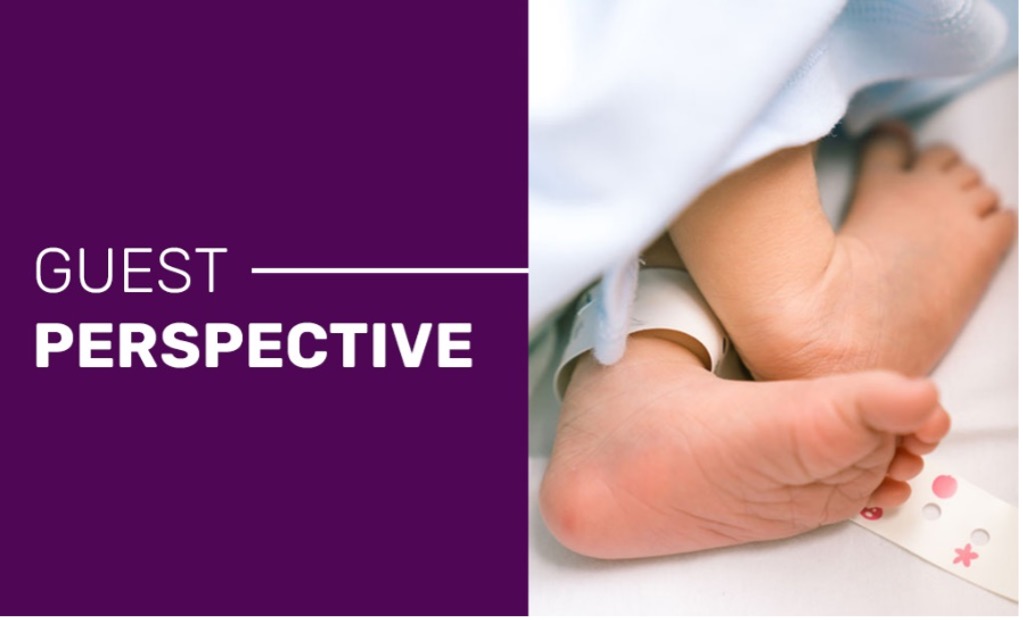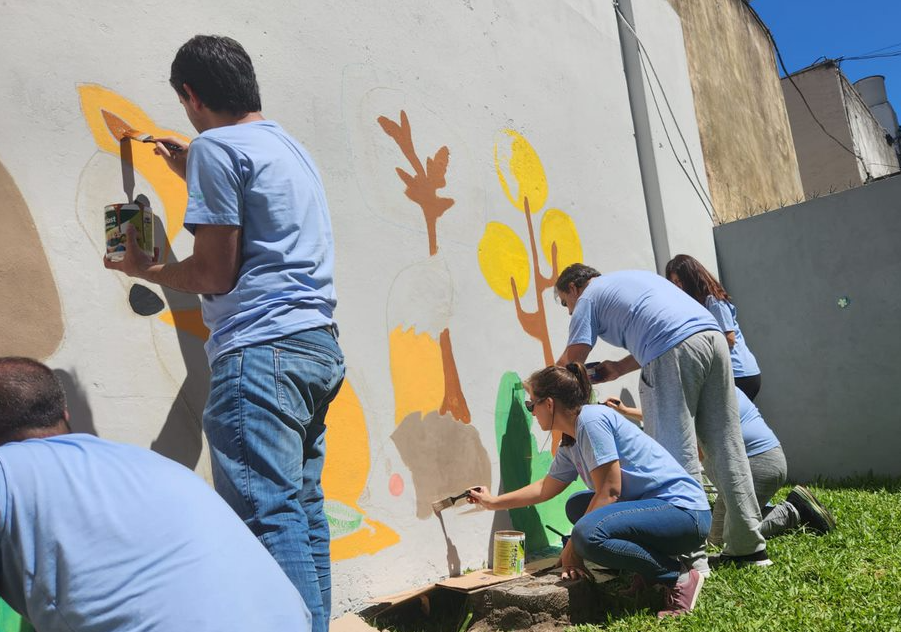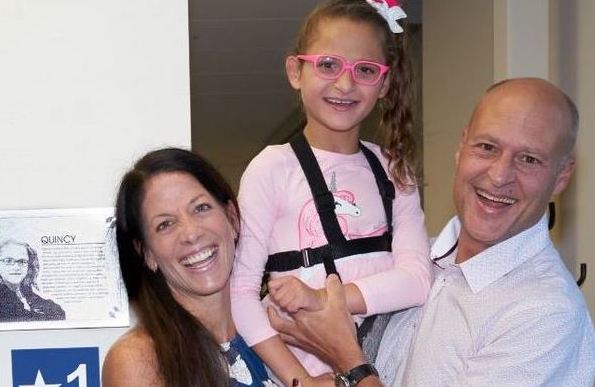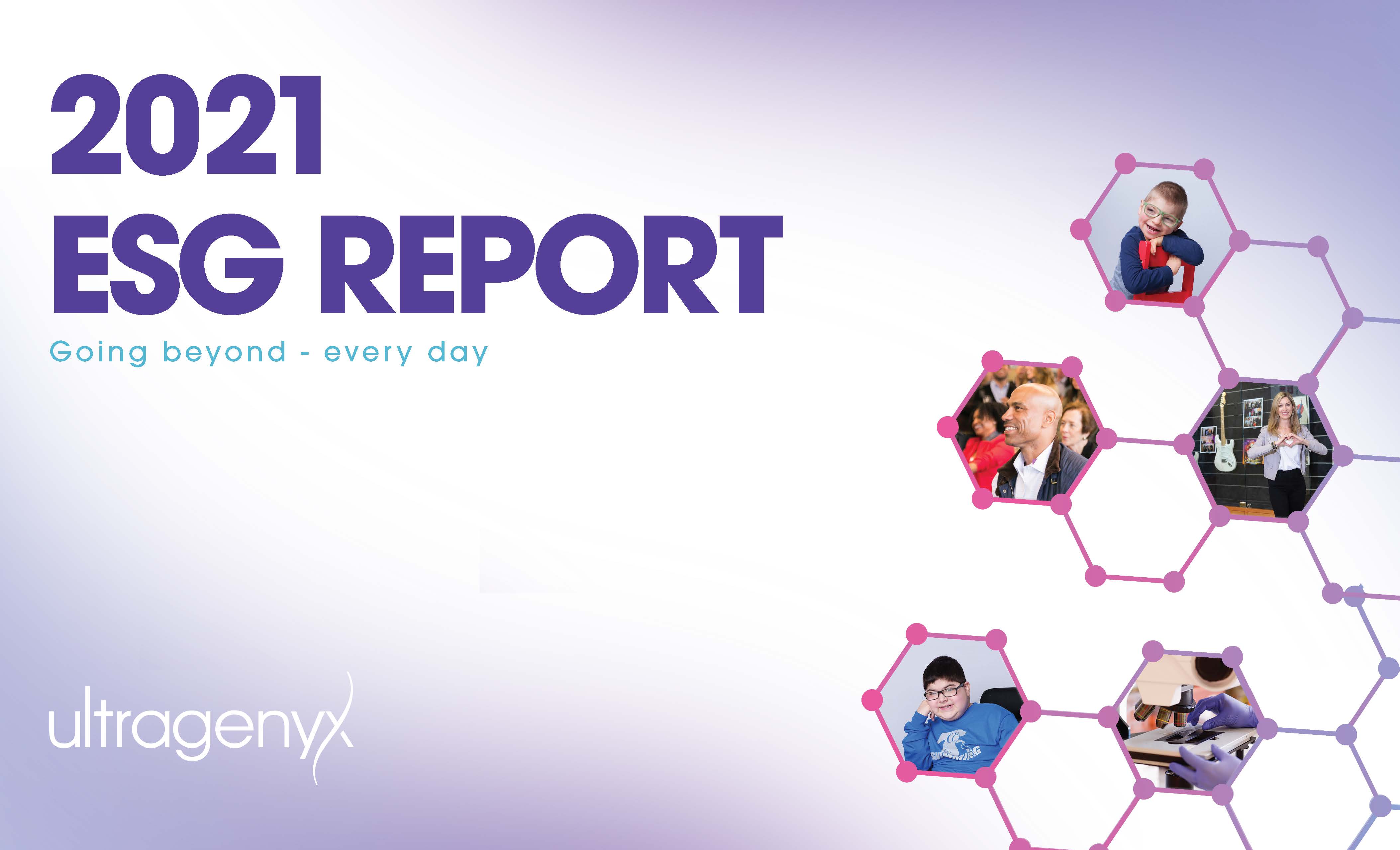Welcoming a new child to the family can be both an exciting and an overwhelming time. Although the majority of the nearly 4 million babies born in the United States each year are healthy, some are born with serious but treatable medical conditions. To help identify those conditions, newborn screening programs are in place in each state, enabling physicians to start lifesaving treatments promptly. Thanks to newborn screening, it’s estimated that each year 12,500 babies with serious but treatable conditions get the chance to grow up healthy.
Even though newborn screening has been available for nearly six decades and thousands of children have been identified early, many parents are unaware of the conditions included in the screening, or even whether their child was screened. Further complicating matters, what programs detect varies from state to state.
To address this critical knowledge gap, Genetic Alliance’s Expecting Health division established Baby’s First Test to bring together newborn screening resources and give people an opportunity to share information. For the past 10 years, I’ve had the pleasure of leading this effort, which has become a trusted resource for comprehensive educational information about newborn screening at the local, state, and national levels.
Because it can help identify certain genetic disorders at birth, newborn screening is a vital part of diagnosing and treating rare diseases. Through our work at Baby’s First Test, we have heard hundreds of stories about how screening changes lives and helps families obtain diagnosis and access treatments quickly. The story of Adelaide, as told below by her mom, is a perfect example.
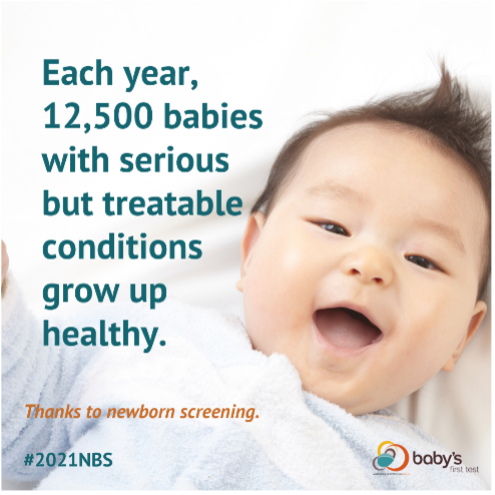
We are incredibly lucky that newborn screening allowed our daughter’s condition to be quickly diagnosed and efficiently treated.
“Our daughter’s life was saved not once, but twice by newborn screening. Adelaide’s first screening was done 38 hours after delivery and indicated she had an abnormal result for blood phenylalanine. With her second newborn screening, she was diagnosed with classic phenylketonuria, which allowed for follow-up treatment of a rare condition called transient tyrosinemia of the newborn.
Due to Adelaide’s timely diagnosis, her brain was spared any damage, and with consistent blood monitoring and a strict diet low in protein, Adelaide has been able to live a normal life. We are incredibly lucky that newborn screening allowed our daughter’s condition to be quickly diagnosed and efficiently treated.”
Stories like Adelaide’s inspire everyone connected to the rare disease community to continue to educate and raise awareness of newborn screening.
This Rare Disease Day is a timely moment to remind everyone that not every family has equal access to the same screening panel for these serious but treatable genetic conditions – or the same care options.
Currently, at the federal level there are 35 core conditions and 26 secondary conditions recommended for inclusion in state newborn screening panels. However, because newborn screening programs are governed by state policies, not federal recommendations, and have different levels of funding support, there are differences from state-to-state which many families do not know about.
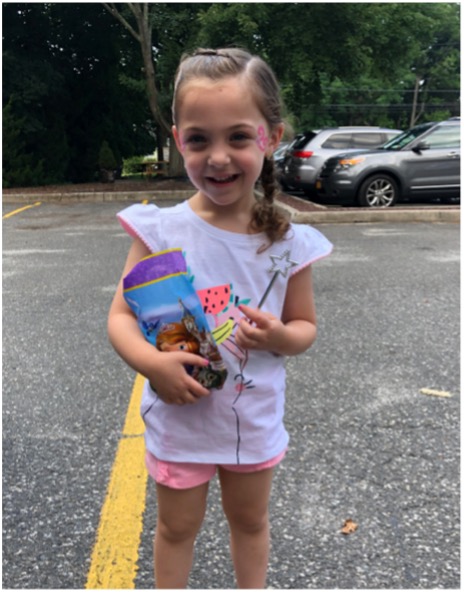
Where your child is born can have an enormous impact on whether they are screened for certain rare diseases.
The number of total conditions for which newborns are screened ranges from 31 to 65 or more. Unfortunately, this means where your child is born can have an enormous impact on whether they are screened for certain rare diseases. You can check this interactive map to see what your state screens for, and visit our website to learn how you can get involved and support a stronger public health system.
At Baby’s First Test, we’re committed to helping families learn about screening and connect people to opportunities to share their stories and improve newborn screening. Join us as we continue to advance the national dialogue to support a healthier start for babies nationwide – your voice is our driving force.
Natasha Bonhomme is chief strategy officer at Genetic Alliance and director at Baby’s First Test.

